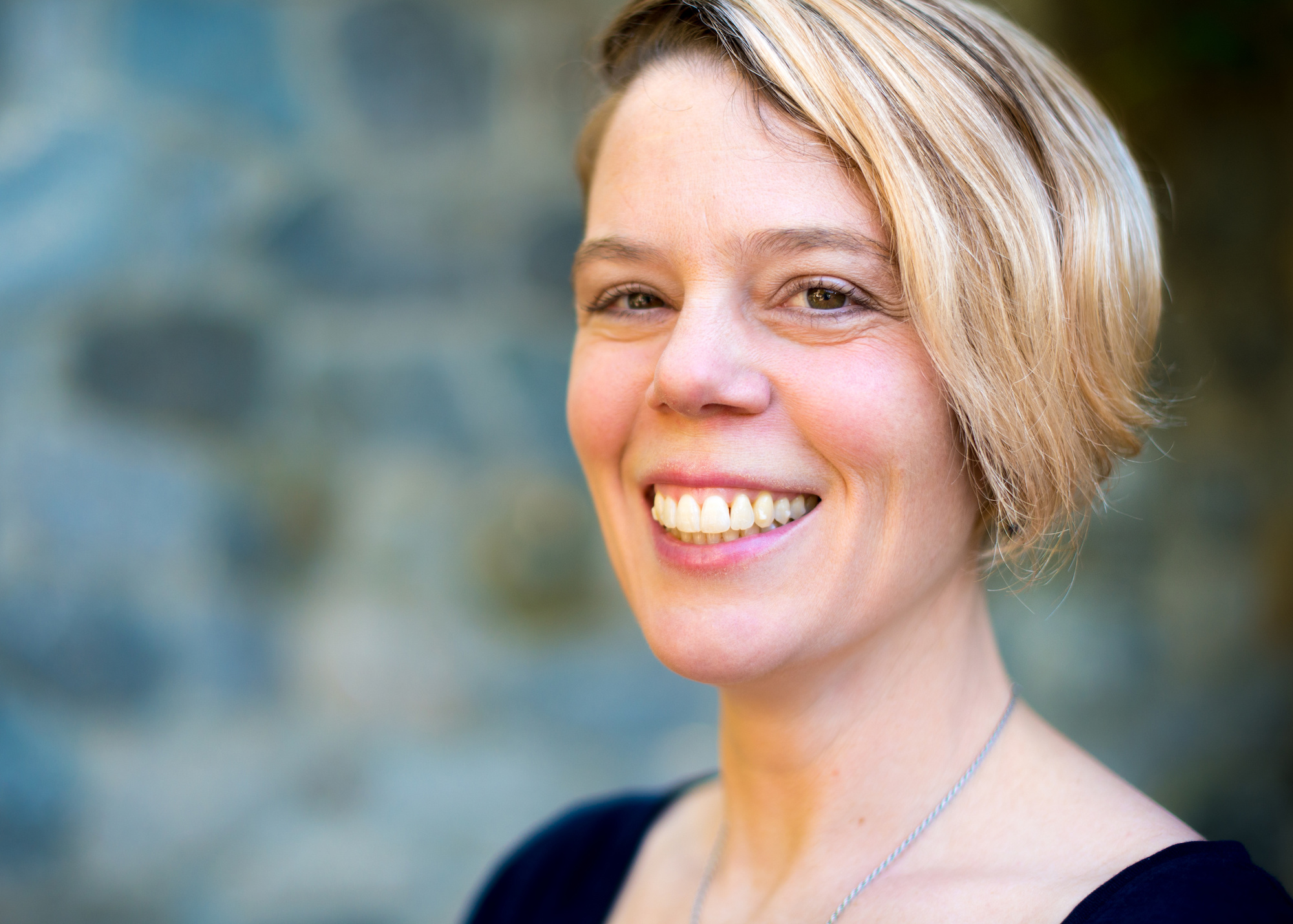Contributor Spotlight: Sharon Kunde
 Sharon Kunde’s pieces “Illinois Elegy (Elegy #15)” and “Prodigal” appear in Midwestern Gothic Issue 22, out now.
Sharon Kunde’s pieces “Illinois Elegy (Elegy #15)” and “Prodigal” appear in Midwestern Gothic Issue 22, out now.
What’s your connection to the Midwest, and how has the region influenced your writing?
I was born in a small town in the Corn Belt, near I80 in northern Illinois. Something in the openness of the land and sky made me want to write. I wrote a book of poems for the Illinois Young Authors Contest in the mid-eighties and wrote obsessively in the journal my fourth-grade teacher assigned. I’ve never lost that feeling of wanting to put it all into words.
What do you think is the most compelling aspect of the Midwest?
A sea covered the Midwest during the Paleozoic period. Growing up, I often felt like I was at the bottom of that sea. This feeling was reinforced by a local and/or family culture that valued stoicism and taciturnity. I write into those feeling of stillness, planetary time, and terrifying self-containment.
How do your experiences or memories of specific places—such as where you grew up, or a place you’ve visited that you can’t get out of your head—play a role in your writing?
Riverside graveyards, cornfields, and improbable superhighways form a substratum of setting in much of my writing – even poems set in Santa Monica Beach, the Cajon Pass, Joshua Tree, or suburban LA.
Discuss your writing process — inspirations, ideal environments, how you deal with writer’s block.
I write because I have something to say to someone, and for whatever reason, direct address in speech isn’t appropriate – maybe it’s physically impossible, maybe I need time and space to craft what I’m trying to say, maybe because the addressee I have in mind is temporally split (I like to write to my future and past selves, for example). When I’m stuck, I read: the best inspiration is other people’s poems, poems that invite a response or that offer a promising element of form. David Lynch calls these “hopeful puzzle pieces” and I think he gets his from his subconscious. Mine tend to come from other poems.
How can you tell when a piece of writing is finished?
I haven’t figured that one out yet.
Who is your favorite author (fiction writer or poet), and what draws you to their work?
I am in love with the poetry of John Engman, Amy Gerstler, Joanna Klink, Claudia Rankine, Meriweather Clarke, Mary Karr. I’m always finding new loves.
What’s next for you?
Finishing my dissertation and revising a chapbook.
Where can we find more information about you?
Throughhike.wordpress.com, on Twitter as naturegrrrl, http://www.acls.org/research/fellow.aspx?cid=216d3204-57f0-e511-9434-000c29879dd6, and http://www.humanities.uci.edu/commons/slide_det.php?id=396.






